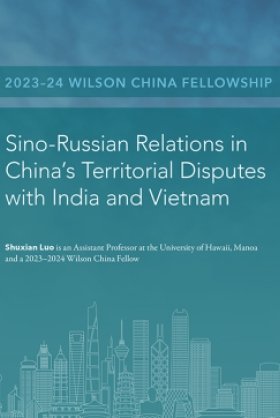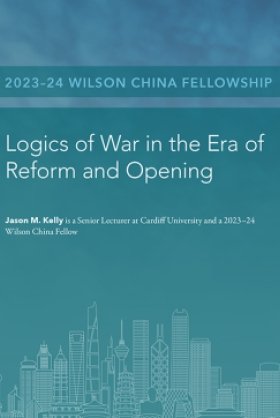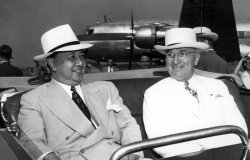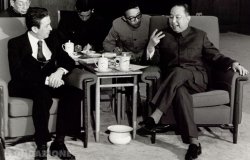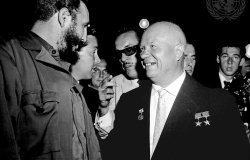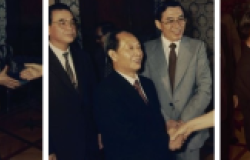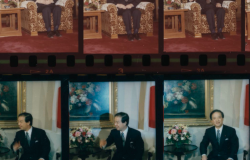Occupied Economies: An Economic History of Nazi-Occupied Europe, 1939-1945
What were the consequences of the German occupation for the economy of occupied Europe?
Overview
What were the consequences of the German occupation for the economy of occupied Europe? After Germany conquered major parts of the European continent, it was faced with a choice between plundering the suppressed countries and using their economies to produce what it needed. The decision made not only differed from country to country but also changed over the course of the war. Individual leaders; the economic needs of the Reich; the military situation; struggles between governors of occupied countries and Berlin officials, and finally racism all had an impact on the outcome. In the end, in Western Europe and the Czech Protectorate, emphasis was placed on production for German warfare, which kept these economies functioning. Hein A.M. Klemann, professor in economic history at Erasmus University and Sergei Kudryashov, scientific researcher at the German Historical Institute in Moscow discuss their latest book entitled "Occupied Economies: An Economic History of Nazi-Occupied Europe, 1939-1945" which shows that as a consequence the economic setback in these areas was limited, and therefore post-war recovery was relatively easy. However, plundering was characteristic in Eastern Europe and the Balkans, resulting in partisan activity, a collapse of normal society and a dramatic destruction not only of the economy but in some countries of a substantial proportion of the labour force. In these countries, post-war recovery was almost impossible.
Speakers
Hosted By

History and Public Policy Program
The History and Public Policy Program makes public the primary source record of 20th and 21st century international history from repositories around the world, facilitates scholarship based on those records, and uses these materials to provide context for classroom, public, and policy debates on global affairs. Read more

Cold War International History Project
The Cold War International History Project supports the full and prompt release of historical materials by governments on all sides of the Cold War. Through an award winning Digital Archive, the Project allows scholars, journalists, students, and the interested public to reassess the Cold War and its many contemporary legacies. It is part of the Wilson Center's History and Public Policy Program. Read more

Global Europe Program
The Global Europe Program is focused on Europe’s capabilities, and how it engages on critical global issues. We investigate European approaches to critical global issues. We examine Europe’s relations with Russia and Eurasia, China and the Indo-Pacific, the Middle East and Africa. Our initiatives include “Ukraine in Europe” – an examination of what it will take to make Ukraine’s European future a reality. But we also examine the role of NATO, the European Union and the OSCE, Europe’s energy security, transatlantic trade disputes, and challenges to democracy. The Global Europe Program’s staff, scholars-in-residence, and Global Fellows participate in seminars, policy study groups, and international conferences to provide analytical recommendations to policy makers and the media. Read more
Thank you for your interest in this event. Please send any feedback or questions to our Events staff.

